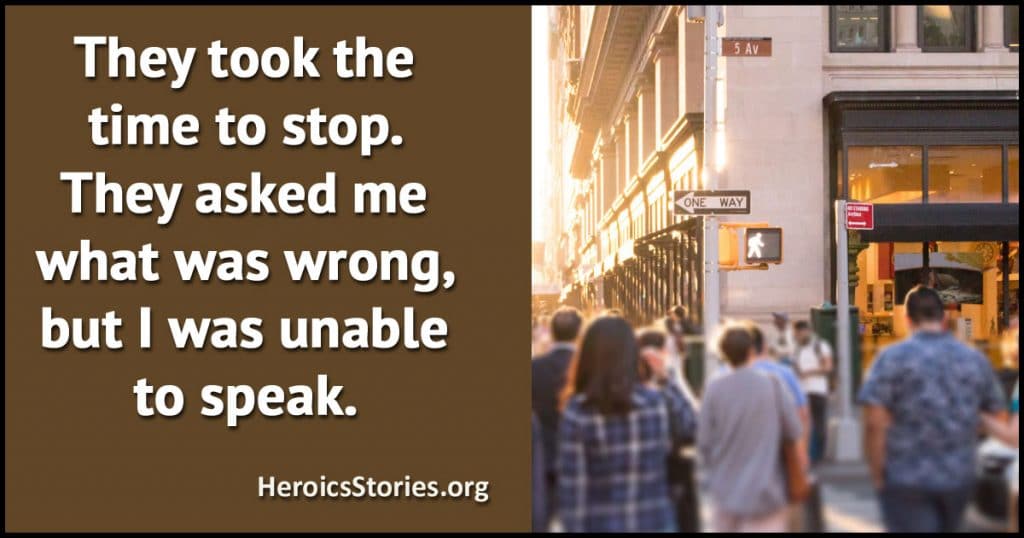
Among people who have narcolepsy and cataplexy, there is a loss of brain cells that produce hypocretin, also called orexin, a neurotransmitter that controls the sleep/wake cycle.Īlthough cataplexy is most often associated with narcolepsy, it has also been associated with stroke, multiple sclerosis, head injuries, and encephalitis.Ĭataplexy may be linked to a dysfunction in the immune system, but that has not been firmly established. The underlying cause of cataplexy is unknown, but we do know that it is a neurological condition. Causes also may include anxiety, happiness, excitement, sadness, annoyance, surprise, fear, and stress.

The immediate causes are the emotional triggers mentioned in the first sentence of this post. Autoimmune disorders that may affect cells that create hypocretin.Brain tumors that may affect areas that control sleep.How do you know if you’re at risk for cataplexy? Risk factors include: Unlike a seizure, people with cataplexy usually remain conscious and remember what has happened during an episode. And it is not a seizure disorder, though it is often misdiagnosed as one. It is not an inherited condition, even though up to 10 percent of those with cataplexy have close relatives who show symptoms. The National Niemann-Pick Disease Foundation notes that cataplexy itself is not a serious medical emergency, but because a cataplectic person may suddenly collapse (due to the rapid loss of muscle control), there “can be a anger if the person strikes his head while collapsing or lands awkwardly.” Such falls are referred to as “ drop attacks.” What Causes Cataplexy?įirst, we should clear up misconceptions about cataplexy. Narcolepsy without cataplexy is Narcolepsy Type 2. Narcolepsy with cataplexy is also known as Narcolepsy Type 1. (See Is My Daytime Sleepiness Really Narcolepsy?) As many as 200,000 Americans have narcolepsy. Muscle tone is what keeps our bodies upright and moving, as the Narcolepsy Network puts it.Īnd why is the Narcolepsy Network providing information about cataplexy? Because most people who are cataplectic also have narcolepsy, the disorder that causes daytime drowsiness and sudden, unpredictable episodes of sleep.


What kind of medical condition could possibly be triggered by something like anxiety, fear, depression, joy, or even laughter? The answer is cataplexy-a sudden loss of muscle strength, tone, and control.


 0 kommentar(er)
0 kommentar(er)
